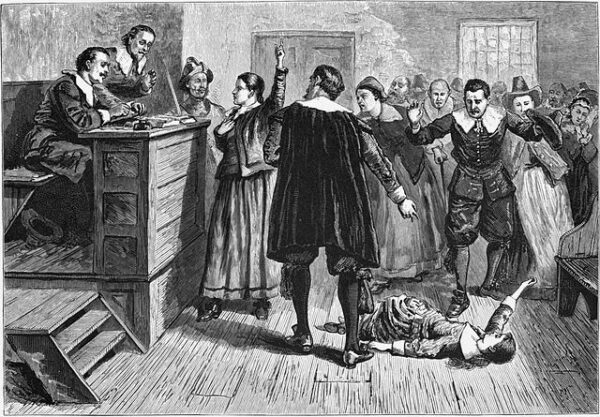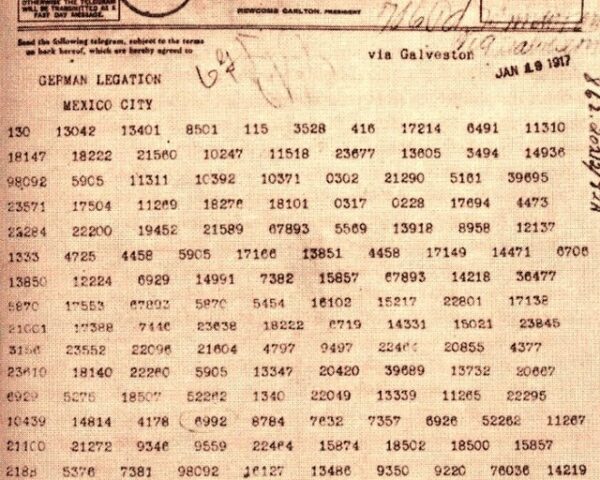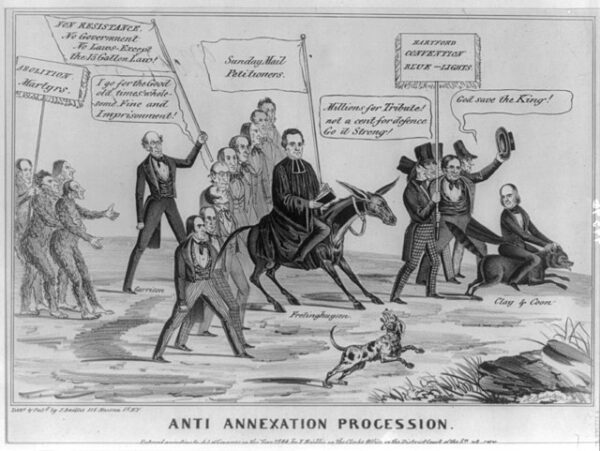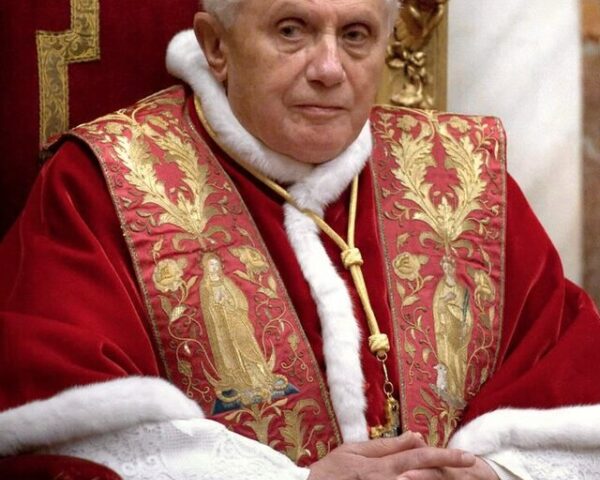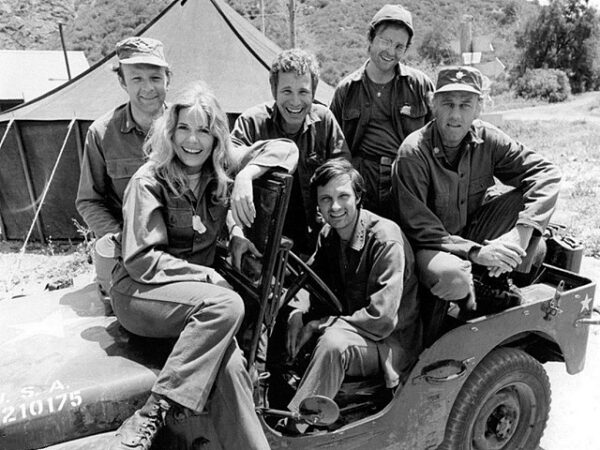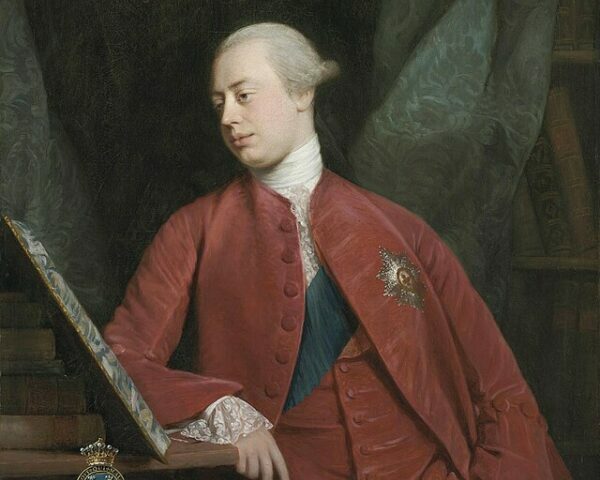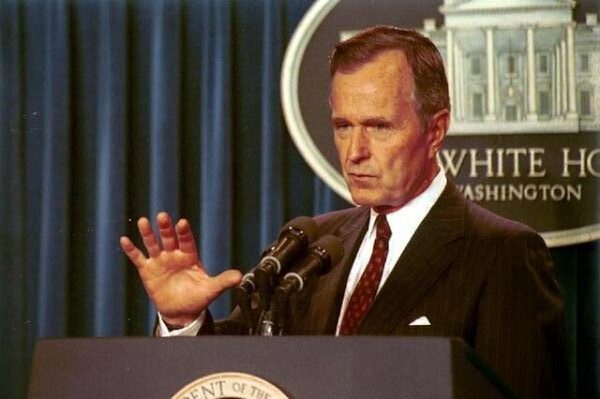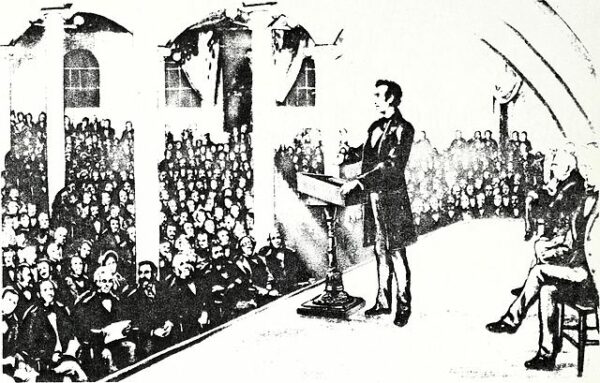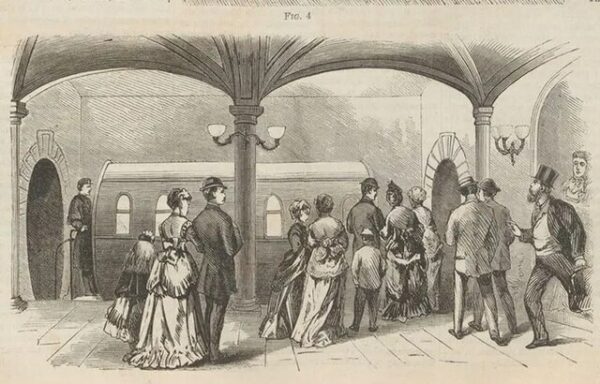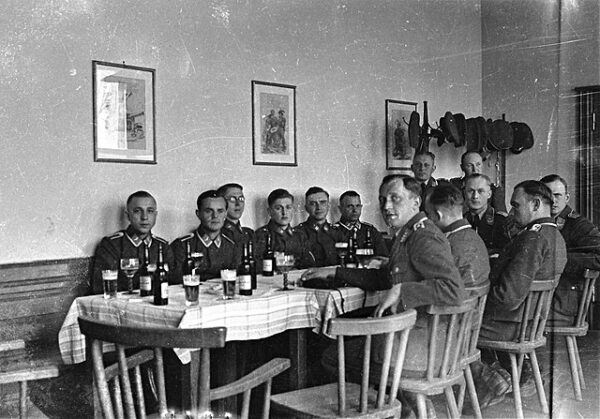On March 1, 1692, three women were brought before local magistrates in Salem Village, Massachusetts, accused of an invisible crime that would soon convulse an entire region. Their names were Sarah Good, Sarah Osborne, and Tituba. By day’s end, the machinery of accusation had…
Read MoreOn March 1, 1917, Americans learned that Germany had urged our neighbor to attack the United States. The Zimmerman Telegram hit the front page of newspapers and became a turning point in World War I. The telegram, originally sent by German Foreign Minister Arthur…
Read MoreOn March 1, 1845, President John Tyler signed a congressional joint resolution approving the annexation of the Republic of Texas into the United States—an event that profoundly shaped the nation’s territorial growth and foreign policy. The decision marked the culmination of nearly a decade…
Read MoreOn February 28, 2013, something happened inside Vatican City that had not occurred in nearly six centuries. Pope Benedict XVI resigned the papacy—becoming the first Bishop of Rome to do so voluntarily since Pope Gregory XII stepped down in 1415 amid the wreckage of…
Read MoreOn February 28, 1983, television history was made when M*A*S*H aired its final episode, Goodbye, Farewell and Amen. For over a decade, the series had captivated audiences with its unique blend of comedy and drama set against the backdrop of the Korean War. The…
Read MoreOn February 27, 1782, amid exhaustion, debt, and political revolt at home, the American Revolutionary War took a decisive turn—not on a battlefield in Virginia or the Carolinas, but on the floor of the House of Commons. In a dramatic vote, Britain’s elected chamber…
Read MoreOn February 27, 1991, President George H. W. Bush formally announced the liberation of Kuwait, marking the conclusion of the Gulf War. His statement signified the success of Operation Desert Storm, a U.S.-led military campaign launched in response to Iraq’s invasion and annexation of…
Read MoreAbraham Lincoln’s Cooper Union address, delivered on February 27, 1860, in New York City, stands as one of the most legendary speeches ever given by an American politician. At the time, the United States was deeply divided over the issue of slavery, and the…
Read MoreOn February 26, 1870, New Yorkers descended a staircase near Broadway and Warren Street and stepped into the future. Beneath the clatter of horse-drawn omnibuses and the mud-churned chaos of lower Manhattan, a sleek cylindrical car waited inside a brick-lined tunnel. It did not…
Read MoreOn February 26, 1935, Adolf Hitler made an ominous declaration: Germany would formally reconstitute the Luftwaffe. This was not merely an administrative decision—it was a brazen act of defiance against the Treaty of Versailles, a calculated move that signaled to the world that Germany…
Read More

